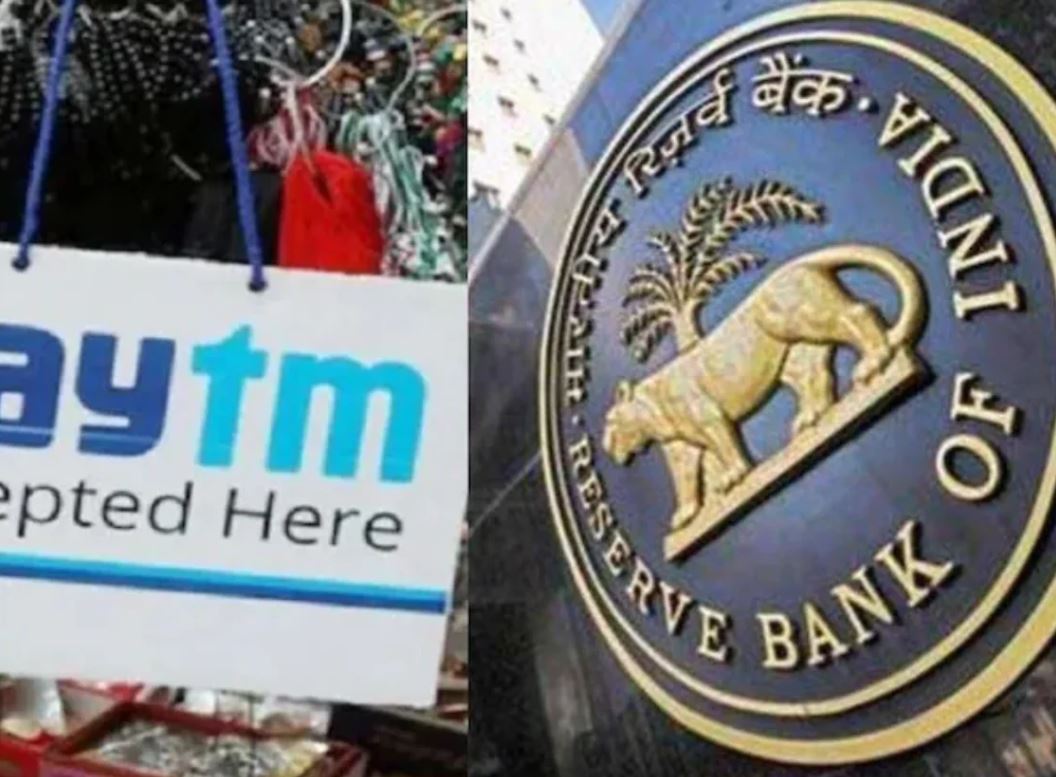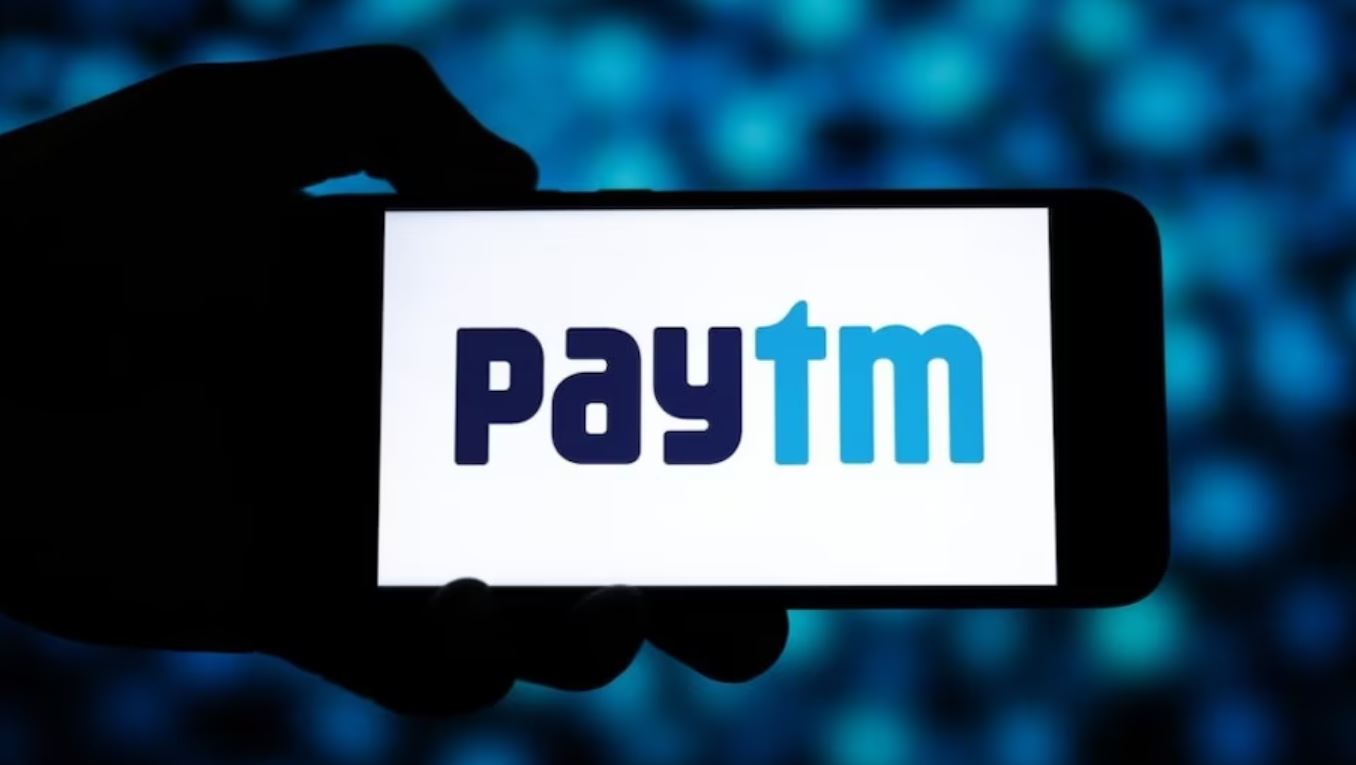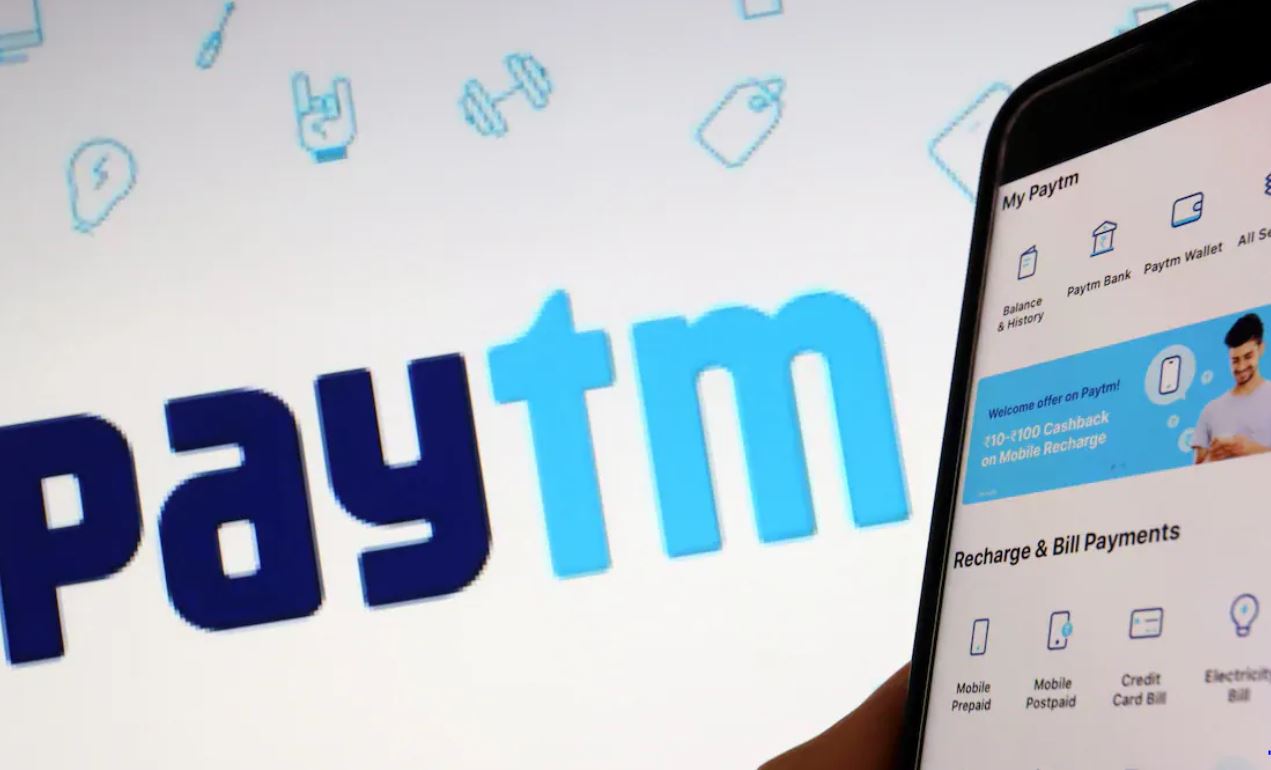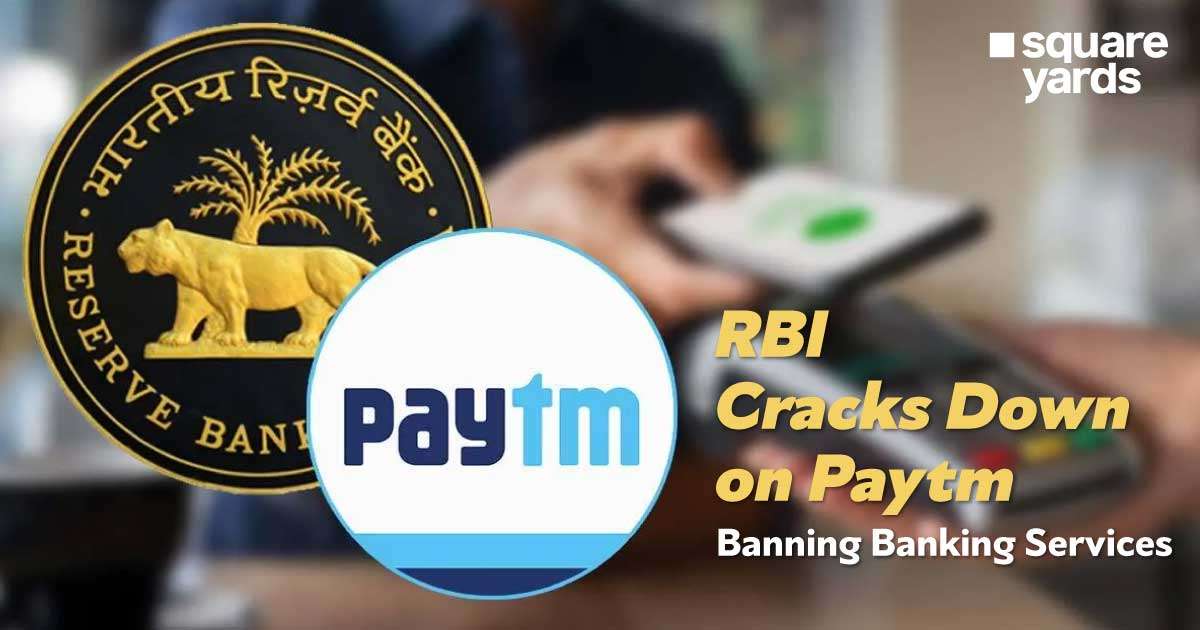Today, the Reserve Bank of India (RBI) has taken strict measures against Paytm Payments Bank Limited (PPBL). The regulatory actions come in response to persistent non-compliance issues and supervisory concerns. They are now conducting a comprehensive system audit report to gain compliance validation by external auditors.
From February 29, 2024 onwards, Paytm Payments Bank has been barred from onboarding new customers and accepting deposits across various services. This move follows the termination of Nodal Accounts belonging to One97 Communications Ltd and Paytm Payments Services Ltd, as directed by the RBI.
Table of contents
When Did RBI Raise This Issue?

Source – businessleague
It was not an overnight decision! The trouble for Paytm Payments Bank started back on 11, March 2022 when the Reserve Bank of India (RBI) told them to stop getting new customers. But, Paytm was continuing the services without any changes in their system.
Recently, on January 31, 2024, RBI took even stronger action under section 35A, telling Paytm Payments Bank to stop getting new customers immediately. This decision came after a deep dive into their operations revealed ongoing issues and worries from the watchdog’s side. So, Paytm Payments Bank has to pause getting new customers and face certain restrictions on banking services starting February 29, 2024.
What Happens Now?

source – akm-img-a-in.tosshub
Paytm Payments Bank is now barred from accepting deposits, credit transactions, and top-ups in various services, including savings and current accounts, prepaid instruments, wallets, FASTags, and National Common Mobility Cards.
Existing users have been reassured by the RBI that they can continue to withdraw or utilise their balances without any restrictions.
Nodal Accounts are set to be terminated by February 29, 2024, with pending transactions and nodal account settlements to be finalized by March 15, 2024.
Responses!
Paytm hasn’t commented on the regulatory actions but did share a post on X confirming the changes. However, industry experts anticipate significant impacts not only on the banking operations but also on Paytm’s UPI business and other services. In response to market rumours, Paytm’s founder clarified that he has not taken any margin loans or pledged any shares owned directly or indirectly by him.
Despite the potential financial setback, Paytm acknowledges an estimated worst-case impact of Rs. 300 to 500 crores on its annual EBITDA going forward. The company remains committed to improving profitability amid the challenges posed by the regulatory measures.
Users have been assured that the regulatory actions will not impact their deposits in savings accounts, wallets, FASTags, and NCMC accounts. Existing balances can be utilized without hindrance.
Lastly, in response to the regulatory intervention, One97 Communications Limited, the parent company, outlined plans to collaborate exclusively with other banks. This strategic shift aims to expand the company’s payments and financial services business through partnerships, mitigating disruptions resulting from the regulatory actions.
A Word For The Industry

source – ndtvimg
The recent actions will likely significantly affect the broader digital payments and banking industry. This move may pave the way for more stringent regulatory measures.
There is expected to be a heightened emphasis on thorough audits and compliance assessments conducted by external entities. This development may prompt other digital payment players to reevaluate their compliance frameworks. The event signifies a noteworthy development that could shape how regulators approach and oversee digital banking services in the future.
What to Expect if You’re a Paytm User?
Changes in Paytm can be overwhelming if you don’t know what to expect! Well, starting February 29, 2024, Paytm Payments Bank won’t be accepting new sign-ups or deposits. So, holding your transactions is advised if you’re considering joining or adding money!
The good news is it’s safe if you already have money in your Paytm account – whether in your savings, wallet, FASTags, or NCMC accounts. You can still use your existing balance without any restrictions. Also, RBI assures that you can withdraw or use your balances freely.






















